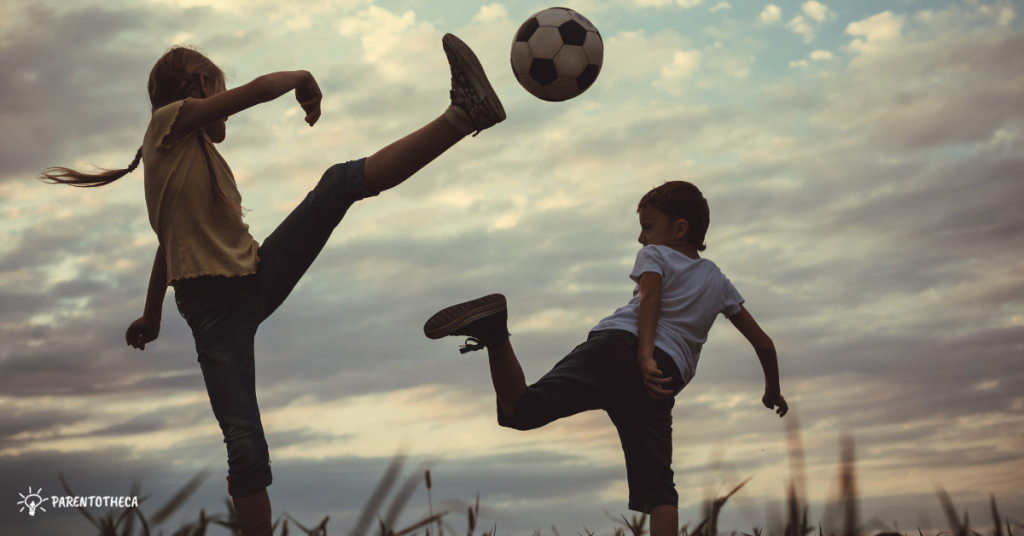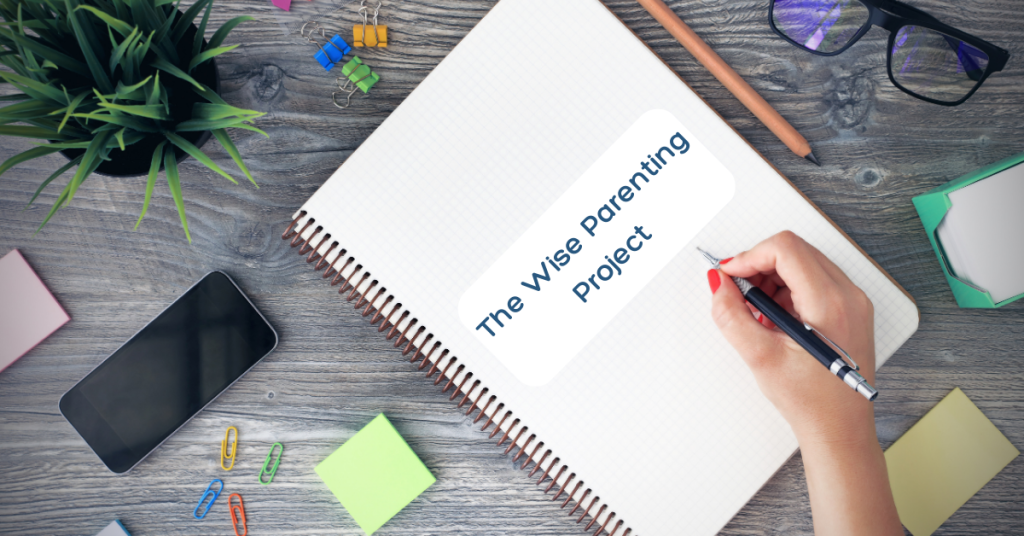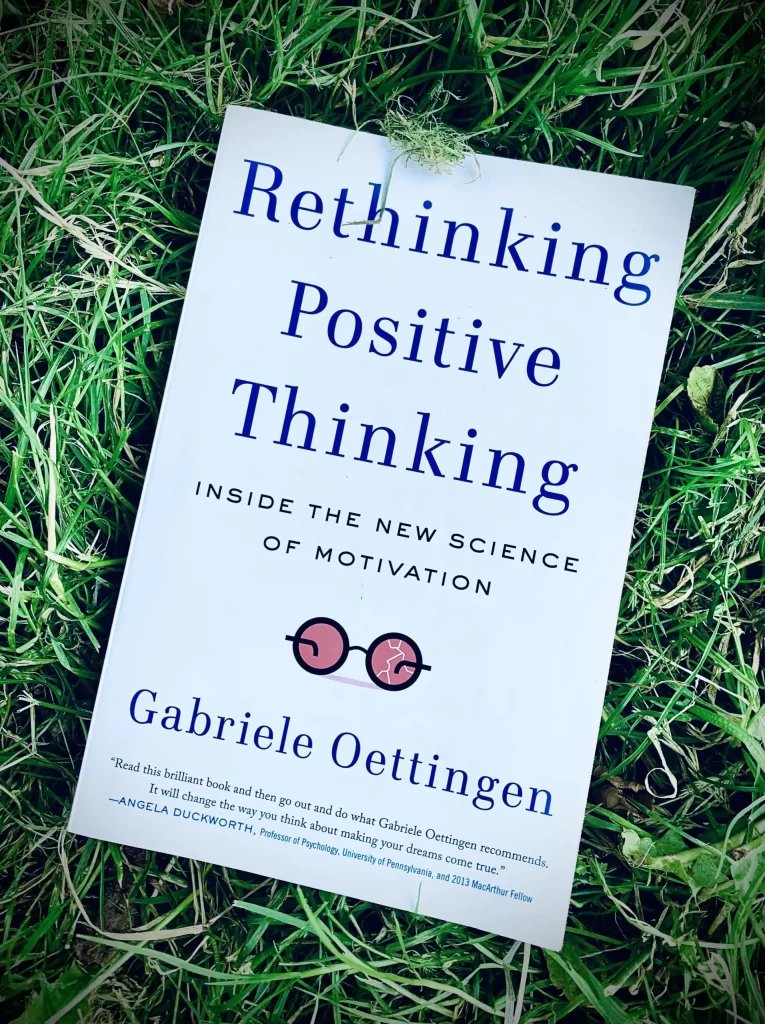While there is strong evidence that free play, especially outdoor activity, is widely beneficial for children’s development and well-being, the value of play is still not understood or prioritised in homes, nurseries or schools.
In the article “The Power of Play – Why Playtime Matters?” we’ve talked about what real play is and why it is so crucial for kids’ development. In a nutshell, unstructured and self-directed play, where children use their imagination and create their own rules, enhances development in all the ways that are essential for becoming independent adults.
So what’s the issue with it?
A short answer is that our kids have much less free play than we had in our childhood. And experts say it is affecting their development and mental health.
And here is why.
4 Hidden Reasons Why Our Kids Play Less Now
“We must give childhood back to children. Children must be allowed to follow their inborn drives to play and explore so that they can grow into intellectually, socially, emotionally, and physically strong and resilient adults.”
— Dr Peter Gray
Peter Gray is an evolutionary psychologist and the author of the fantastic book Free to Learn (check out our notes).
In his TED talk “The Decline of Play”, he compellingly brings attention to the fact that now children have less freedom to play with other children, without adult direction, than 60 years ago.
Most of us would think that our kids play a lot. They have more toys than we did (and many of them with the “educational” label), they have an endless source of crafts ideas on Pinterest and much better play centres to play at. They can also enjoy a huge range of extra-curricular activities to have a better start in life – piano, football, swimming, coding, or all at once. Oh yes, and they have so many educational screen games to play.
That’s all great. And all these things have a part to play in the healthy development of our kids. But they don’t provide all the benefits of self-directed and unstructured play.
And now, when you think of it, free play more and more is replaced by structured play.
Here are 4 main reasons why:
1 – Limiting beliefs:
- Many parents and educators have a schoolish view of child development. That’s coming from a belief that kids learn more from adults and not the other children and that any learning needs to have a structured approach.
- Another thing is that some parents believe that play is trivial and unproductive. It may look like a distraction from the serious business of studying and passing tests.
- Here also comes social pressure. On social media, parents are bombarded with stories about kids reading and writing at the age of 3, and they believe that they need to keep up. At the expense of real play.
2 – Busy and overscheduled life:
- In How to Raise an Adult (check out our notes), Julie Lythcott-Haims raises the issue of a “checklisted childhood”. School and parents put a lot of pressure on kids, and their lives become increasingly managed and structured. With no time for play.
- Parents have hectic lives too. Sometimes, it’s just easier to fill in children’s schedule with extra activities, so they would not be “bored” at home or would not watch TV/play video games for the entire afternoon.
3 – Technology:
- There is a lot of technology in our lives now. Modern technology is all about brain-hacking and getting our and our kids’ attention. And it’s addictive. So no surprise here that children often choose to fill their free time playing online games and scrolling through social media. And, of course, that is not a real play.
- Moreover, it’s much easier now (and so tempting) for parents to give kids iPad with games or YouTube for few hours so they could actually get some stuff done. And during the COVID madness, it was probably a life(job)saving option for many of us!
4 – Parents get overprotective:
- Another thing, which is on many parenting expert’s radars, is that many parents believe it is unsafe for kids to play outside unsupervised. We hear loads of scary stories now about bad things happening to children, and it all makes our fears about “what might happen to my kiddo” flourish. And even if we acknowledge that free play outside is super important (and we were fine outside in our childhood), it’s still hard to let our child play outside without our supervision. Moreover, in many places, kids just don’t have any play space.
- On the same note, many parents get overprotective. Some parents want to protect their kids from all the pains in life, even at the playgrounds. For example, they would often jump in to resolve a conflict between children or would not allow kids to climb trees (because it’s not safe).
What are the consequences?
Experts say that children who don’t have enough free play in childhood may grow into unhappy, socially maladjusted and anxious adults.
And there is a handful of studies proving that lack of free play in childhood has significant consequences on well-being later in life.
For example, in 1997, researchers conducted a study of children living in poverty. Some kids got enrolled in play-oriented preschools, and others attended play-free preschools where teachers structured every activity. They’ve tracked these kids into adulthood and concluded that those who enjoyed unstructured playtime in childhood (the first group) were more socially adjusted later in life.
In his TED talk, Dr Gray also says that in his research, he saw a strong correlation between the decline of play and increased mental health issues in young people (also here is the research). In fact, in the US, the suicide rate for children between 15 and 18 has doubled and, for kids under 15 – quadrupled over the last 50 years. Scary stuff.
Research into animal behaviour also confirms the importance of play in childhood. For example, in a series of studies, researchers isolated young rats during the time when they most frequently play. And guess what? When the researchers compared them to rats that played a lot during that period, they were less socially active, didn’t mate well, were less resilient to stress, and acted aggressively towards the other animals. Technically, they were socially and emotionally crippled.
And one more interesting observation. Psychiatrists Stuart Brown conducted a small study on convicted murderers in the late 60s and found that most of them never played as kids. Sounds creepy. But it’s a fact.
Finding the balance
So free play is super important for our kids to become happy and successful adults. And it’s one of the simplest joys of childhood (with a great return on investment, btw ☺).
But obviously, children benefit from other forms of play too. The secret of success, like with anything in life, is to find the right balance between free and structured play for your kids.
A balanced “play diet” will depend a lot on your child, their developmental stage, abilities and interests. The simple guideline is the younger the child, the more free play they need. But older children, teenagers and adults would benefit from unstructured playtime a lot!
So question for you for today – what are your thoughts about free play? How can you bring more play into your child’s life?
Loads of love,
Irina and Dawid



